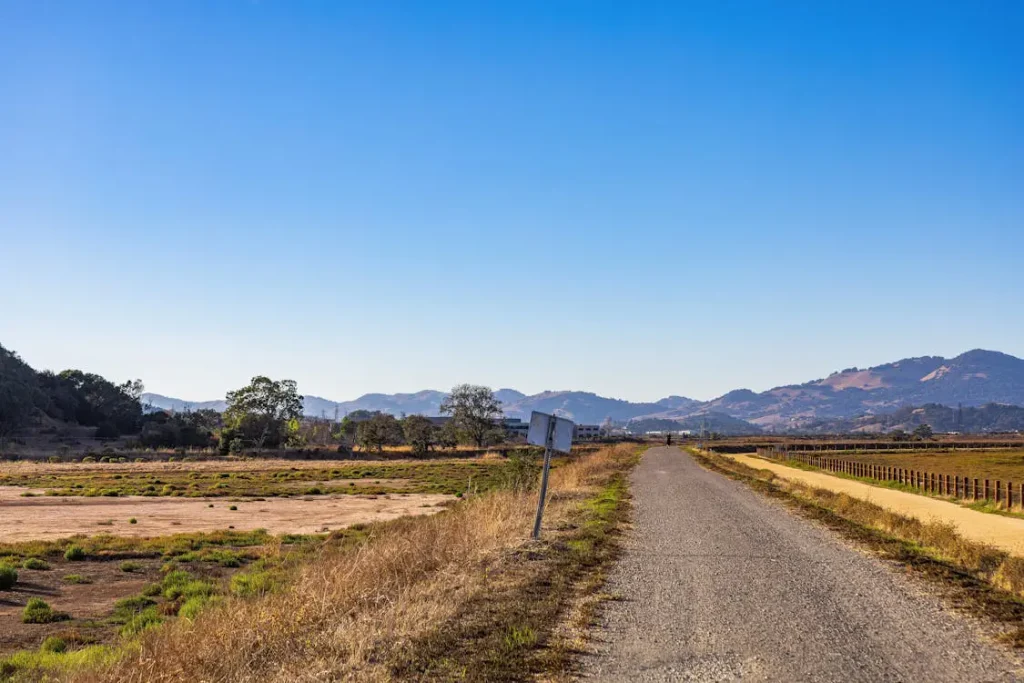
Are you planning to start an agricultural venture in Colorado? Agricultural business can be exciting and difficult to start, especially if you’re looking for opportunities to increase income. There are numerous factors that could motivate you to start farming. Whether you’re an ambitious green-thumb entrepreneur or an investor, you should carefully consider what kind of crops or livestock to manage or venture, such as farms and ranches.
In this post, we’ll discuss key considerations for starting a farming business and valuable tips to find agricultural land in Colorado.
Why Start an Agricultural Venture in Colorado
Starting an agricultural business can be a lucrative venture for various reasons. Firstly, there will always be a demand for food and other agricultural products. Additionally, as the world’s population continues to grow, the demand for food is expected to increase, presenting opportunities for agricultural businesses to meet this demand.
An agricultural venture can be a satisfying and rewarding endeavor if you have a passion for farming, a love for the land, and a desire to grow crops and animals, like cattle ranches. According to the USDA report, 97% of small farms in the United States are family-owned. Small farms usually earn $350,000 annually.
8 Key Considerations for Starting an Agricultural Venture in Colorado
Starting an agricultural venture can be lucrative for investors or farmers. To be successful, investors or entrepreneurs must determine financial stability and location, as well as provide sustainable crop production. An increasing number of individuals are accepting the idea of investing in organic farming and other agricultural projects, including ranch offers.
Here are key factors to consider when starting a farming business in Colorado:
Market Demand and Research
Conduct thorough market research to understand the demand for your agricultural products. Identify potential customers, their preferences, and market trends. This will help you determine what to produce and how to position your products in the market.
Location and Land
Choose the right location for your agricultural venture based on factors such as climate, soil quality, water availability, and proximity to markets. Acquiring suitable land is crucial, whether through purchase, lease, or rental agreements.
Financial Planning and Budgeting
Develop a comprehensive business plan that outlines your financial goals, startup costs, operational expenses, and revenue projections. Consider sources of funding, such as loans, grants, or investors, and create a budget that accounts for all expenses, including land, equipment, labor, and marketing.
Crop Selection or Livestock
Select crops or livestock that are well-suited to your climate, soil conditions, and market demand. When choosing what to produce, consider factors such as yield potential, input requirements, seasonality, and profitability. This may include for musk thistle management.
Infrastructure and Equipment
Invest in the necessary infrastructure and equipment to support your agricultural operations. This may include irrigation systems, fencing, storage facilities, machinery, and vehicles. Assess your needs carefully and prioritize investments that will improve efficiency and productivity.
Labor and Management
Determine your labor needs and develop a plan for recruiting, training, and managing employees or farm workers. Consider the availability of labor in your area and explore options for mechanization or automation to reduce labor costs and improve efficiency.
Risk Management and Sustainability
Identify and mitigate potential risks associated with agricultural production, such as weather-related events, pests and diseases, market fluctuations, and labor shortages. Implement risk management strategies, such as diversification, insurance, and sustainable farming practices, to protect your business and promote long-term sustainability.
Essential Tips to Find Agricultural Land in Colorado
There’s a growing interest in sustainable and organic farming practices, driven by consumer demand for healthier produced food. This presents opportunities for agricultural businesses to tap into niche markets and cater to these preferences, including recreational opportunities.
If you are looking for ways to find agricultural land in Colorado, here are some essential tips.
Research Zoning Regulations
Before you start searching for agricultural land, research zoning regulations in your target area to ensure that the land is designated for agricultural use. Zoning laws vary by region and may restrict the types of activities allowed on certain parcels of land. Look for areas with favorable zoning regulations for agriculture to avoid potential conflicts or restrictions.
Utilize Online Listings and Real Estate Agents
Browse online listings on agricultural real estate websites or use property listing platforms to search for available agricultural land in your desired location. You can also enlist the help of local real estate agents who specialize in agricultural properties. They can provide valuable insights, access to exclusive listings, and assistance throughout the purchasing process.
Attend Land Auctions and Farm Expos
Keep an eye out for land auctions, farm expos, and agricultural events in your area where agricultural land may be available for sale or lease. These events provide opportunities to network with landowners, farmers, and agricultural professionals, as well as to discover potential land opportunities that may not be listed through traditional channels.
Network with Local Farmers and Landowners
Network with local farmers, landowners, and agricultural organizations to inquire about available land or potential opportunities for leasing or purchasing vacant land. Joining farming associations, attending community meetings, and participating in agricultural workshops or seminars can help you connect with individuals who may have insights or leads on suitable land options.

Frequently Asked Questions
How do I choose the right crops or livestock for my agricultural venture?
This question focuses on selecting the most suitable crops or livestock based on factors such as climate, soil type, market demand, profitability, and personal preferences. It may also involve considering factors like crop rotation, seasonal variations, and market trends.
What are the best practices for sustainable farming?
This question pertains to adopting environmentally friendly and sustainable farming practices to minimize environmental impact, conserve natural resources, and promote long-term viability. It may cover topics such as organic farming methods, soil conservation, water management, biodiversity conservation, and integrated pest management.
How can I access funding or financial assistance for my agricultural venture?
This question addresses the various sources of funding available to agricultural entrepreneurs, including loans, grants, subsidies, and investment opportunities. It may also involve discussing financial planning, budgeting, and strategies for securing funding from government programs, financial institutions, or private investors.
What are the regulatory requirements and permits needed to operate an agricultural business?
This question focuses on understanding the legal and regulatory framework governing agricultural operations, including permits, licenses, certifications, and compliance with environmental, food safety, and labor regulations. It may involve navigating issues related to land use, water rights, zoning laws, and animal welfare standards.
Conclusion
While starting a farm involves many considerations, the good news is that several tools are available to guide you through the process. Acquiring and implementing the key considerations mentioned above can help you start an agricultural venture in Colorado. If you have any questions about farming opportunities and investments, simply contact us.




